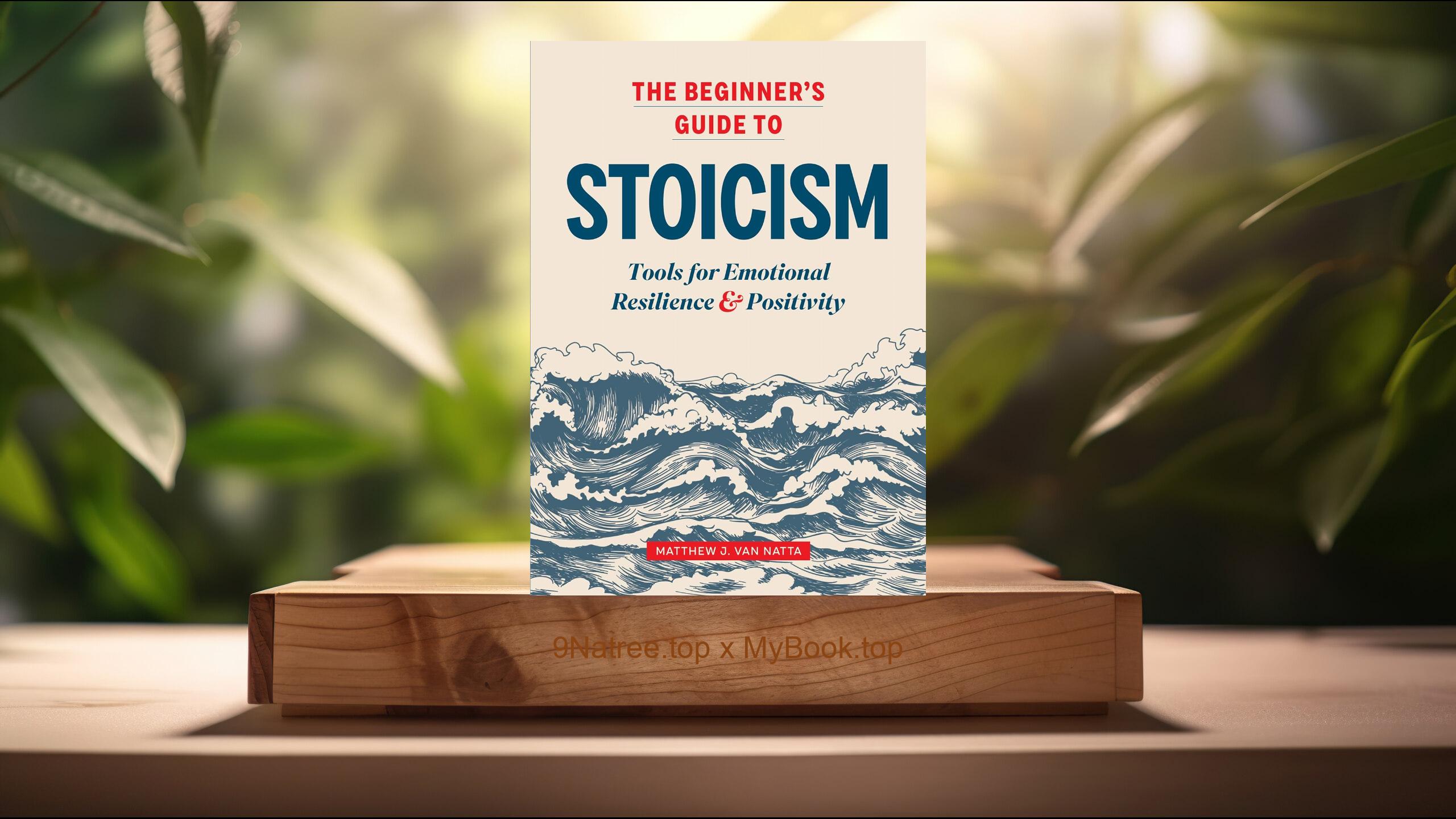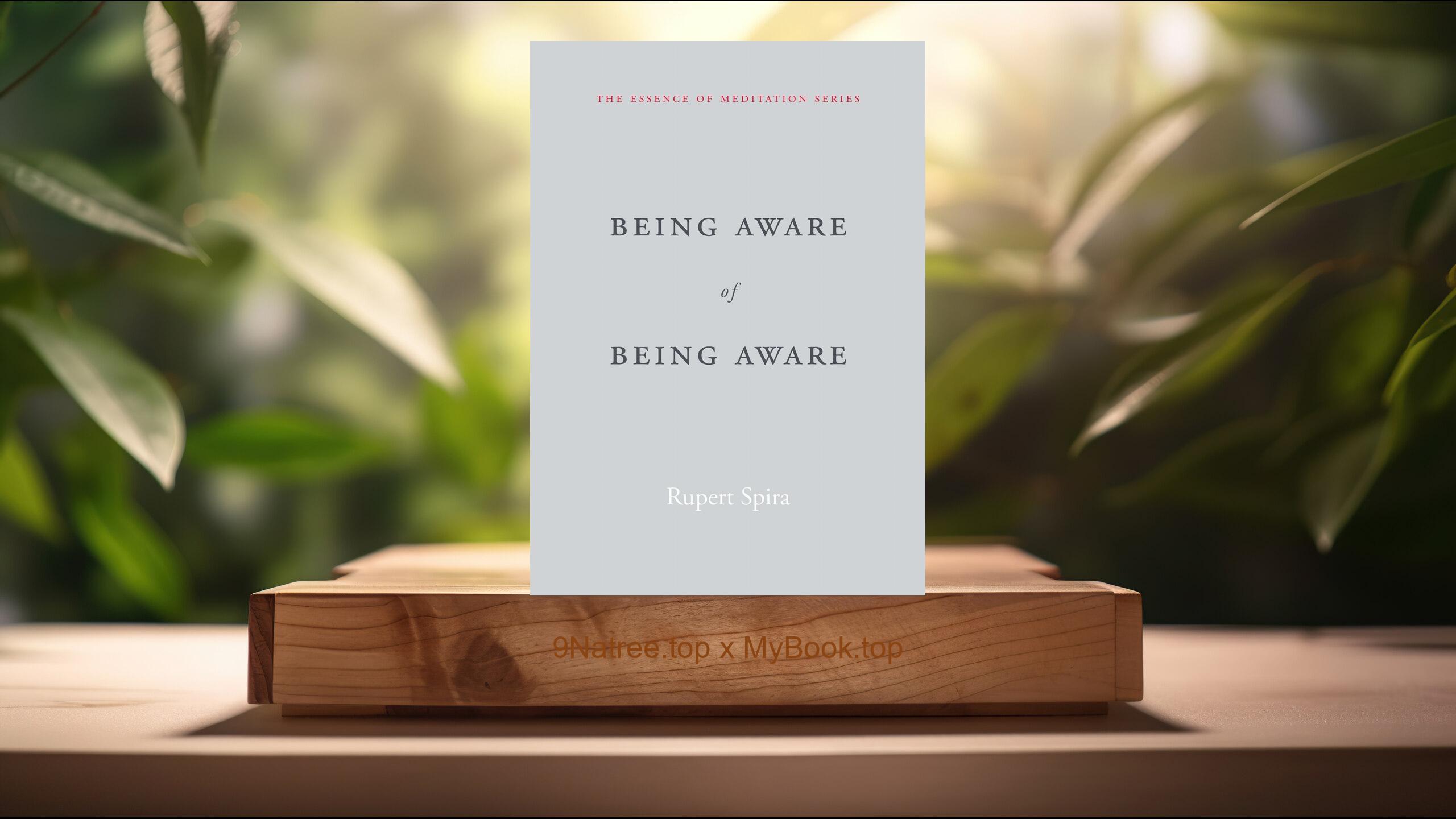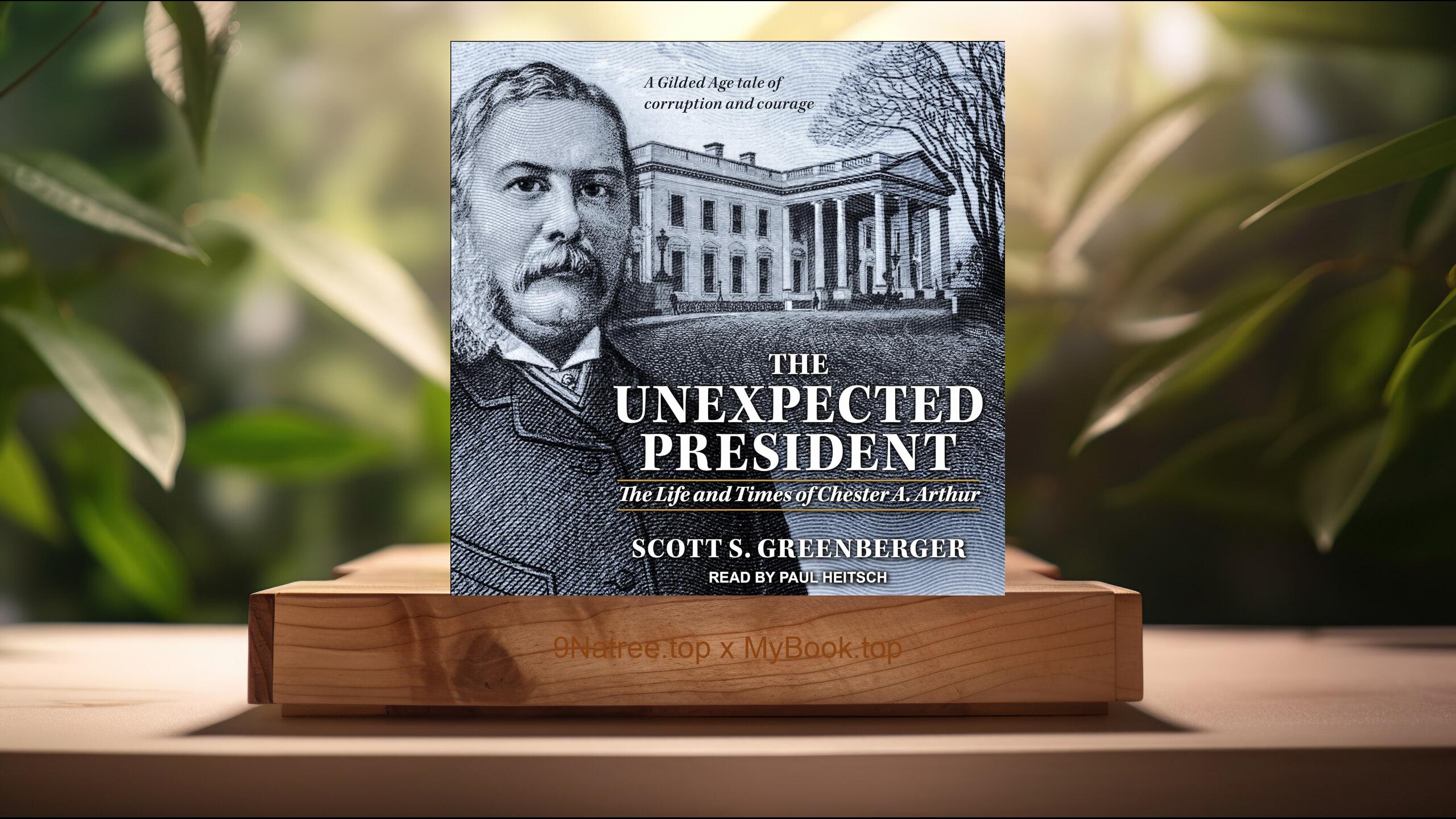Show Notes
Buy on Amazon: https://www.amazon.com/dp/B00BBPWAJC?tag=9natree-20
Read more: https://mybook.top/read/B00BBPWAJC/
#ErichFromm #psychologyoflove #artofloving #selflove #interpersonalrelationships #humanisticphilosophy #selfdiscovery #personalgrowth
These are takeaways from this book.
Firstly, Love as an Art, Erich Fromm establishes the central thesis of 'The Art of Loving' by arguing that love is not just a feeling but an art that requires knowledge, discipline, and effort. He posits that society tends to engage with love passively, viewing it as something that just 'happens' to a person rather than something to be cultivated and developed. Fromm contrasts this perception with the view of love as an active skill, akin to mastering an art or craft. This standpoint entails understanding love's mechanics, practicing it consciously, and integrating it as a principle for living. He further delineates the requirements for mastering this art: knowledge of its theory, practice until it becomes a habit, and overcoming the initial hurdles of effort.
Secondly, Components of Love, Fromm breaks down the components of love into four interconnected elements: care, responsibility, respect, and knowledge. He argues that each of these elements is essential in cultivating a loving relationship. Care, in his perspective, is the active concern for the life and growth of what we love. Responsibility is viewed not as a duty we are forced into, but as a spontaneous act to nurture and attend to those we love. Respect, according to Fromm, is the ability to see a person as they are, to acknowledge their unique individuality and to let them grow independently of our selfish expectations. Lastly, knowledge complements these components by enabling us to penetrate the outer surface of behaviors and appearances, allowing us to comprehend the essence of our loved one deeply. Fromm insists that these components are inseparable and that genuine love can only flourish when they are in harmony.
Thirdly, Love and Self-Discovery, Fromm posits a strong connection between the capacity to love others and the development of one’s self-love and identity. He suggests that true love is impossible without the foundation of self-awareness and acceptance. This form of self-love is not to be confused with narcissism; rather, it’s about recognizing and embracing one's own needs, potentialities, and worth. Fromm explains that self-discovery leads to the liberation of the self, enabling individuals to love authentically without possessiveness and dependency. This journey towards self-love requires confronting loneliness, practicing self-discipline, and engaging in productive solitude. Fromm views these steps as crucial for developing the ability to love others freely and healthily.
Fourthly, The Obstacles to Love, Erich Fromm identifies several cultural and individual obstacles that hinder people’s capacity to love. He discusses the impact of modern capitalism, which promotes materialism, individualism, and an instrumental approach to human relationships. Fromm argues that these societal influences foster isolation and anxiety, making genuine love more challenging to achieve. He also examines psychological barriers, such as narcissism, masochism, and sadism, which distort love into forms of domination or submission rather than mutual respect and care. Overcoming these obstacles requires a critical examination of societal values and personal motivations, along with a commitment to cultivating the capacities of care, responsibility, respect, and knowledge.
Lastly, Theory of Love as Union, Towards the end of 'The Art of Loving', Erich Fromm introduces his theory of love as a union – an active striving to integrate two beings, to overcome separateness and achieve interdependence while preserving individual integrity. This union involves mutual giving, not as an economic exchange, but as an expression of abundance and strength. Fromm emphasizes that this form of union is not about fusion or loss of the self; instead, it is predicated on the respect for the individuality of the other. He advocates for a love that is not possessive, that allows freedom, and that fosters the growth of both individuals. According to Fromm, achieving this union requires maturity, self-knowledge, and the courage to take risks for the sake of love’s potential to transform.
In conclusion, Erich Fromm’s 'The Art of Loving' makes a persuasive argument that love is an art that requires knowledge, effort, and patience to develop. It is a crucial read for anyone interested in understanding the dynamics of love beyond the superficial representations often portrayed in media and pop culture. This book appeals to those seeking to cultivate deeper personal relationships, as well as individuals interested in the intersection of psychology, sociology, and philosophy. Fromm’s analysis can enrich one’s life by encouraging a thoughtful and active engagement with the concept of love, fostering meaningful connections, and promoting personal growth. By considering the obstacles to love in contemporary society and outlining a constructive approach to overcoming them, 'The Art of Loving' offers timeless wisdom on how to live more fully through the practice of authentic love.
![[Review] The Art of Loving (Erich Fromm) Summarized](https://episodes.castos.com/660078c6833215-59505987/images/1708655/c1a-085k3-mq38w0d2h860-ppenh8.jpg)




